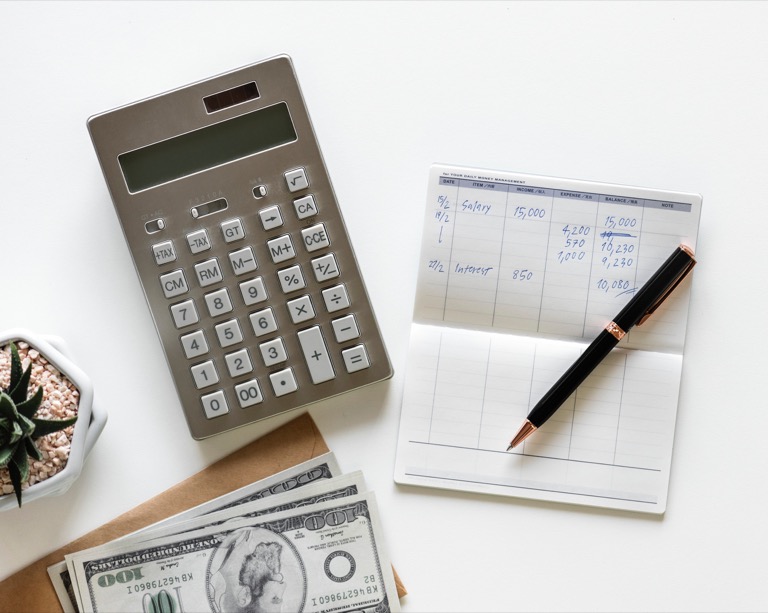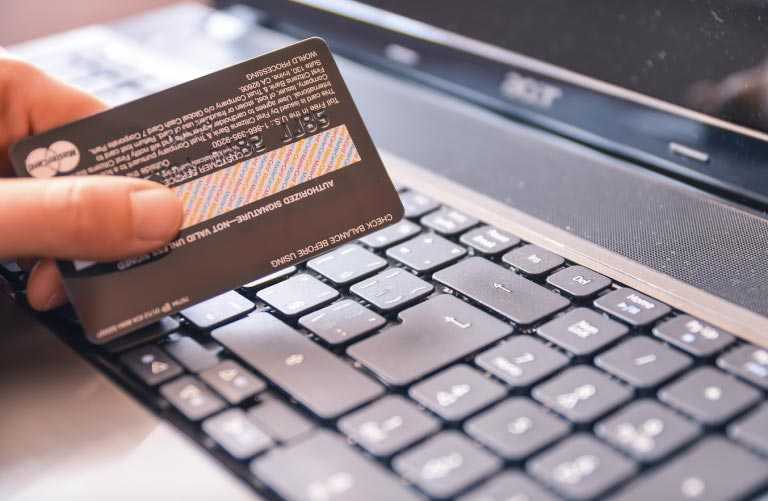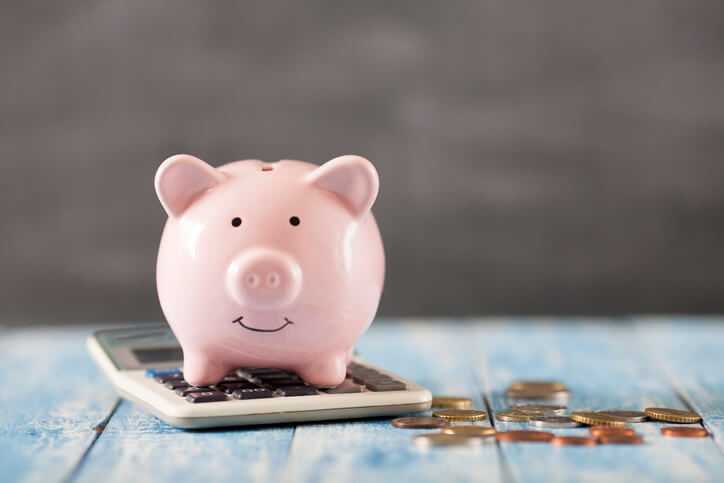5 Ways to Pay for Unexpected Expenses
Life is full of surprises, including unexpected expenses that can blow even the best-laid budget plans. Perhaps your dog gets sick, and suddenly you’re staring at a very large, unplanned vet bill. Or you get invited to your best friend’s wedding — only to find out it’s in Mexico.

Unplanned expenses are part of life, but most Americans aren’t prepared for them. According to a survey from Bankrate, only about 40% of adults would cover a $1,000 expense using savings.1 What should you do if you find yourself facing unexpected expenses? Here are five things to try if you don’t have money to pay the bill:
- Reduce your expenses: Set time aside to review all of your expenses. It might seem overwhelming, but you need to look through your credit card statements, utility and medical bills, loan payments and receipts to track everything you spend money on. Once you tally your expenditures, look for ways to reduce variable expenses — items like utility bills and transportation — that vary based on your usage. Maybe this means turning down your thermostat in the winter to cut your energy bill or carpooling to work to save on gas. Then, tackle discretionary expenses, those items that you want but don’t necessarily need. Now is the time to eliminate your daily coffee run or your weekly manicure. Reducing variable and discretionary expenses might not be enough to pay off the unexpected expense in full, but it should get you started.
- Earn extra cash: If your budget is so tight you cannot eliminate expenses, or you can’t cut corners deep enough to cover the cost, look for ways to earn extra cash. Talk to your boss about picking up extra hours, or babysit for friends or family members. Maybe you can sell your used clothes to a consignment store, or pursue that side hustle you’ve been considering. Now is the time to jump in and see if you can bring in enough cash to cover your unexpected expense.
- Apply for a personal loan: If you’re still short on funds and you’re facing a one-time unexpected expense, a personal loan can help. With a personal loan, you determine how much money you need to borrow, and a lender uses your credit report and history to decide if you qualify for a personal loan and at what interest rate. Today, applying for a personal loan is a straightforward process. Numerous financial institutions — from banks to credit unions to online lenders — offer personal loans, and applications can often be filled out quickly online. If you secure a personal loan with an affordable annual percentage rate and fixed terms, you’ll receive the funds quickly to pay off your expenses, allowing you to reduce stress and reorganize your finances. But remember: You need to be able to afford the monthly payment and have a solid plan in place to pay back the personal loan on time.
- Consider Upgrade Card: If you’re not sure how much the unexpected expense will cost, Upgrade Card gives you some options. Unlike personal loans, where you receive the entire loan amount upfront, Upgrade Card allows you to tap funds over time. Interest is only charged on the amount of money you borrow. You can use Upgrade Card wherever VISAⓇ is accepted (except at an ATM). Then you pay down balances from each month at a fixed rate with equal monthly payments. Upgrade Card still requires discipline, you need to spend within your budget so you can pay it back as needed.
- Charge expenses on a credit card: Charging unexpected expenses on a credit card is a last resort. In the best case scenario, by the time your credit card payment is due, you will be able to pay your balance in full. The downside of putting unexpected expenses on a credit card is that carrying a balance can be costly. Not only will you face interest charges and higher monthly minimum payments, but it will also result in a high credit utilization ratio — the balance you owe on your cards relative to the cards’ credit limits — which can hurt your credit score. If you need to put expenses on a credit card, consider using a personal loan to consolidate your credit card debt at a later date. Personal loans often feature lower interest rates than credit cards, enabling you to pay off your credit card balance and cut your monthly debt payments. You can use your monthly savings to build an emergency fund.

Learn to Expect the Unexpected (Expense)
Once you’ve paid your unexpected expenses, it’s time to get your finances in order and focus on rebuilding your credit so you are prepared the next time life throws you a curveball — because it inevitably will. To do so you can:
- Revisit your budget: Track your spending for the next month and compare your actual expenses to your budget. Are any expenses missing in your current budget? Or are you underestimating your spending — like the cost of your online shopping obsession or your weekly happy hour with friends? Make your budget as thorough and accurate as possible so you can cover all of your obligations.
- Reduce your costs: When tracking your expenses, categorize them as either fixed (monthly expenses where the dollar amount never varies), variable or discretionary. As mentioned above, there are numerous ways to cut costs — everything from making your own drip coffee to ditching your car for public transportation. Once you’ve trimmed the excess out of your budget, it’s time to start saving! Multiple savings apps exist to automate this process — making saving and building an emergency fund simple and straightforward.
- Open an Upgrade Card: Yes, it’s helpful to apply for an Upgrade Card when you’re faced with an unexpected expense. But it can be even more beneficial to have a credit line in place before facing an unexpected expense. Upgrade Card can be used for planned expenditures — like a home improvement project — and unplanned ones, like replacing a dying laptop.
- Keep your credit in good shape: If you improve your credit score, you’ll likely have more and better options to respond the next time unexpected expenses come your way. To boost your score you can take a break from applying for additional credit, especially if you took on more accounts to cover your expense. Also, pay all your bills on time, every time. Lastly, pay down your debt as quickly as you can. This will reduce your credit utilization ratio and improve your debt-to-income (DTI) ratio, which measures how much you owe each month compared with how much you earn. The lower your DTI, the less risky you will appear to lenders.
You can’t avoid unexpected expenses, but you can be as prepared as possible to handle them. Building an emergency fund, lowering your credit utilization, boosting your credit score and getting the Upgrade Card will prepare you for the next unexpected bump in the road.


